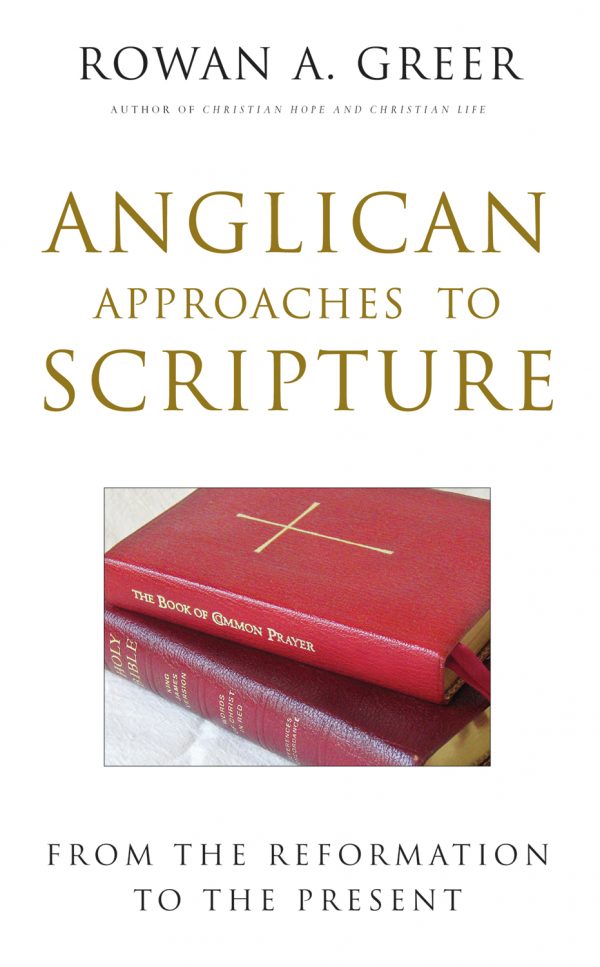Rowan A. Greer (Author)
Rowan A. Greer is a professor emeritus of Yale University Divinity School. He has trained three generations of historical theologians and early church scholars and is the recipient of the Association of Theological Booksellers’ Book of the Year Award for Christian Hope and Christian Life, also from Herder & Herder. An authority in Anglican history and patristic readings of scripture, Greer is currently writing about major works in early Christian mysticism and theology, including the works of Evagrius Ponticus.


